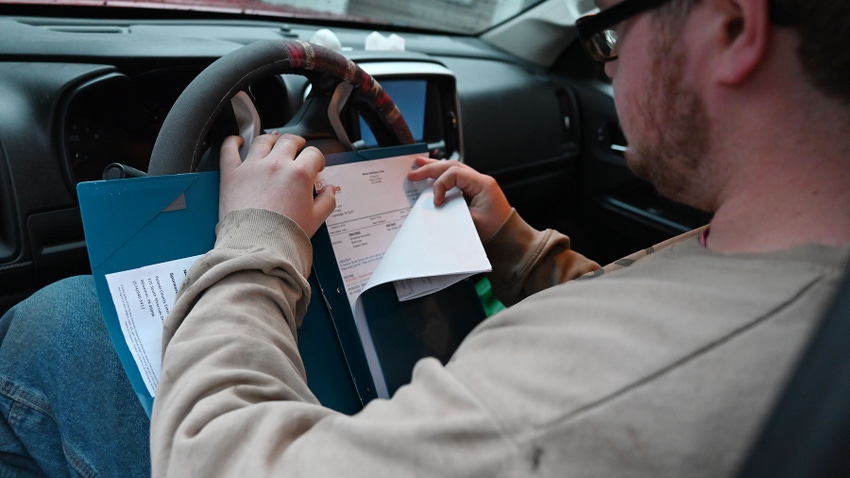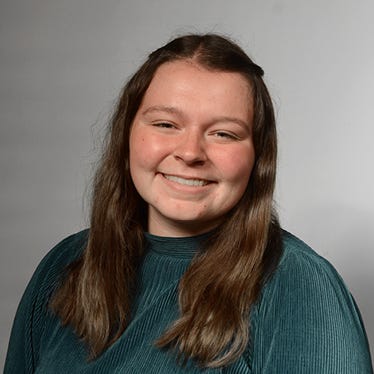March 21, 2024

Many farmers store important farm information in their minds — but what happens when that information is needed by the next generation? That is the question Indianapolis-based Oaken is trying to answer.
Oaken was set up with initial funding by Purdue Dial Ventures and the Halderman Real Estate and Farm Management Group. Founder Shashi Raghunandan launched the platform in 2023, and today, Oaken serves farms in seven states.
Addressing a problem
Raghunandan noticed that often, landowner information such as contract details and payment due dates are kept in the farmer’s head. He wanted to find a way to convert those mental files to electronic files that could be shared with others in the operation.
“Having all this data organized is really important so that if something were to happen to them, then their heirs would know where to go and look for this information,” Raghunandan says.
Passing that information to the next generation is just one reason that Raghunandan sees value in this new software. It also makes coordination with landowners easier.
Kassi Rowland of Tom Farms in Leesburg, Ind., is one of Oaken’s first clients, and she works with 135 landowners, which she refers to as land partners.
“It’s a lot to take care of,” Rowland says. “You have the contracts, payments and all of those things. Oaken has really streamlined all of that.”
How Oaken works
Oaken stores all landowner information in an online platform that can be accessed with a monthly subscription. It ranges from $250 to $850, depending on the operation size. All interested clients are eligible for a free trial period. Raghunandan also explains that they can input your information at no additional cost.
Once users have access, they log into an online platform at oaken.ag using their credentials. They can then navigate the site by clicking on different tabs that organize contracts, phone call logs and notes, landowner birthdays, and individual farm information.
Rowland is grateful to have all that information in one spot. “The efficiency that brings is really important,” she says.
While Rowland manages a large number of land partners, she recommends farms with around 10 landowners or more try using Oaken. For now, she continues to work with Oaken’s team to improve the platform for future users.
“As more growers use our platform, we’ll learn more,” adds Anwar Parvez, chief technology officer at Oaken.
Keeping records in writing
While Oaken provides an efficient way to store information electronically, Roger Berry, a farm management coach from Galveston, Ind., recommends also keeping a physical notebook or binder of go-to information in various places around the farm.
The binder’s first page should include information such as important phone numbers for doctor’s offices or poison control, according to Berry. The binder can also house maps of farms, landowner phone numbers, information about machinery and protocol to follow in case of different emergency situations.
“If some emergency comes up, there may be people who need to access that notebook,” Berry says.
Placing several copies of that notebook or binder around the farm and in machinery can ensure all farm employees have access. Berry adds that farmers can take pictures of the information and share it with farm employees, so they have it in multiple places.
With various options for electronic and physical record organization, now is the time to determine how it can be incorporated into your operation.
Read more about:
Record keepingAbout the Author(s)
You May Also Like






